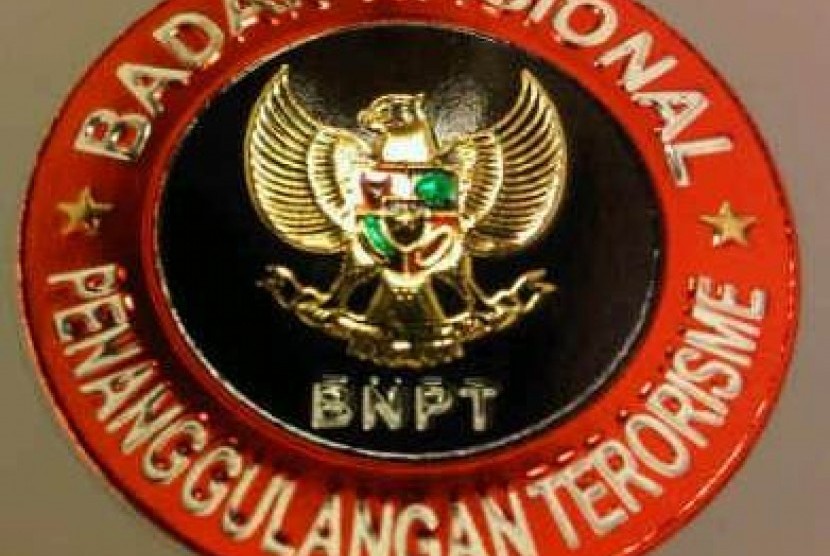REPUBLIKA.CO.ID, JAKARTA -- A gentle, persuasive approach is considered more effective than violent means in the fight against terrorism, according to Indonesian National Counterterrorism Agency (BNPT) spokesman Brigadier General Herwan Chaidir.
"Terrorism cannot be tackled by law enforcement alone, but through a gentle and persuasive approach, which is considered more effective," Chaidir remarked during a function to familiarize the blueprint of terrorism prevention here on Thursday night.
He pointed out that the BNPT, in its efforts to eradicate terrorism in Indonesia, is applying counter-radicalization and deradicalization strategies.
According to him, counter-radicalization is a strategy to increase the resilience of communities to violent extremism, to address grievances, and to prevent people from being drawn to terrorism by instilling national values and the value of non-violence.
He said this strategy is being implemented through formal and informal education, which focuses on the supporters, sympathizers, and the general public.
Chaidir remarked that deradicalization is the second strategy to address the challenges posed by terrorism through a combination of education, vocational training, and religious dialog to help key terrorist and militant groups reintegrate into the society.
Involving family members in the process also plays a role, depending on the cultural norms and the particular detainees involved.
"This strategy can be applied both within and outside correctional institutions and penitentiaries," he noted, adding that terrorism is still a potential threat to the security of Indonesia.
Chaidir explained that terrorism continues to thrive because in the present times, the movement of infiltration and regeneration of radicalism has permeated the places of worship, religious educational institutions, schools, colleges, prisons, and is even being spread through the media.
Besides this, he stated that a low sense of nationalism has made people more susceptible to being influenced by radical ideologies in the society.
"Exclusive religious views and lack of a sense of nationalism has led people to become apathetic about the infiltration of radical ideologies," he added.


